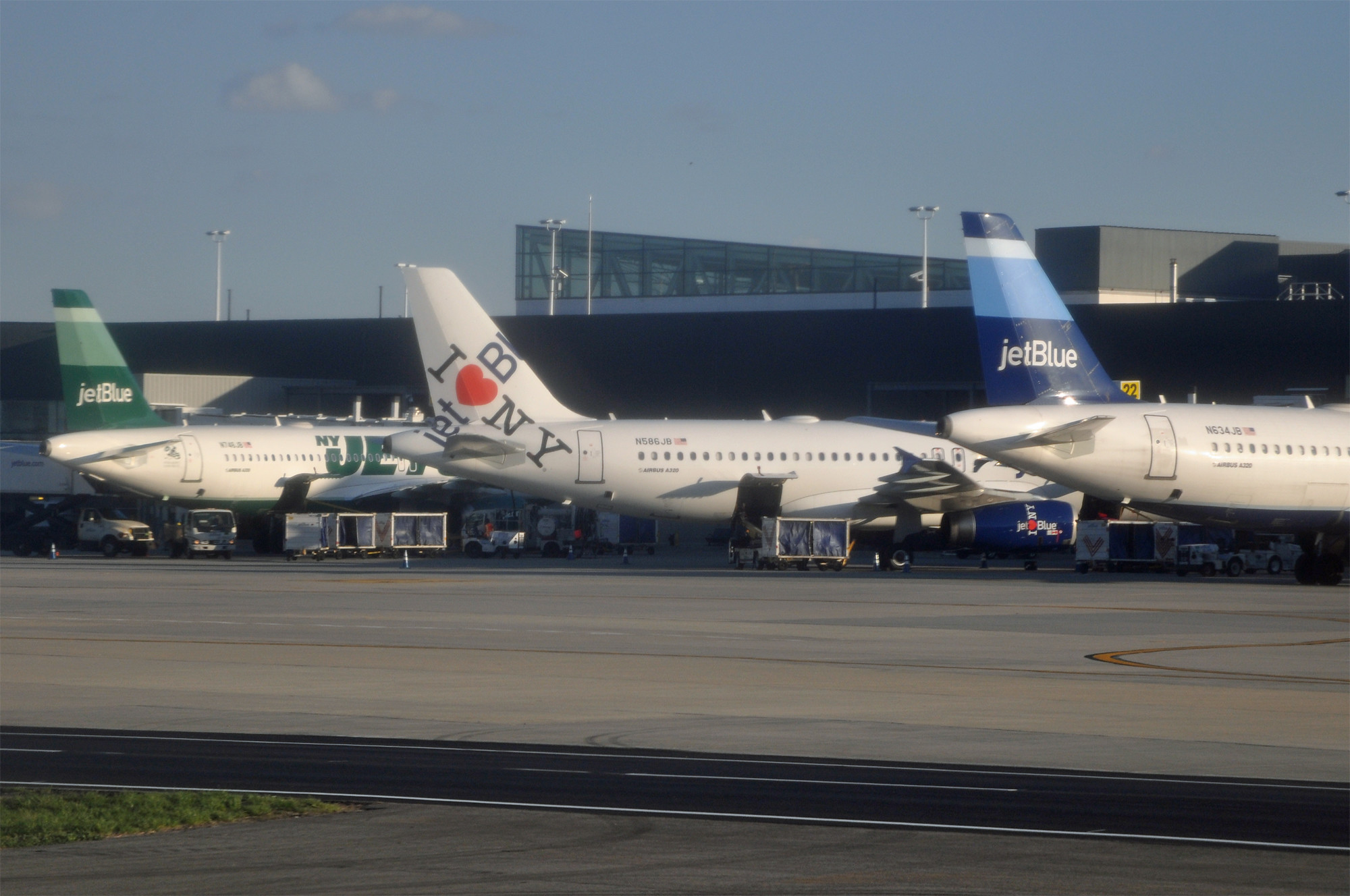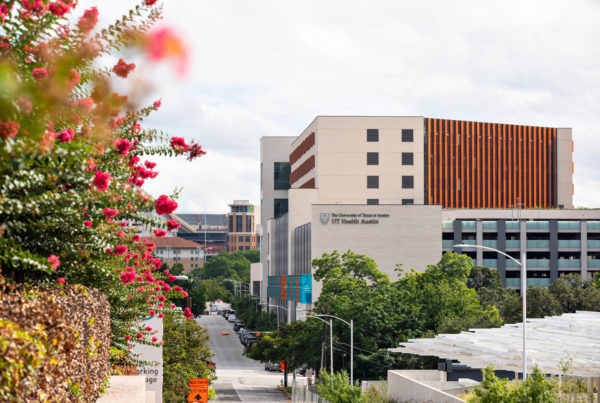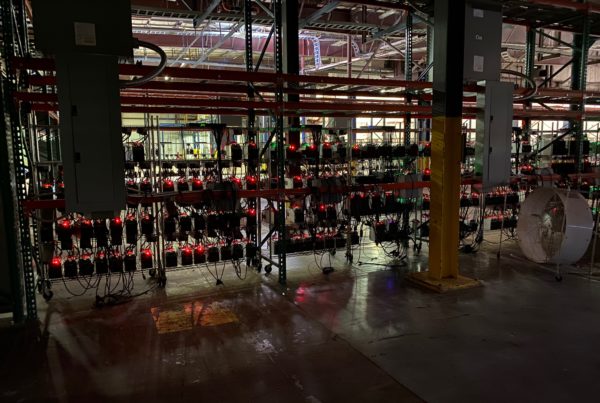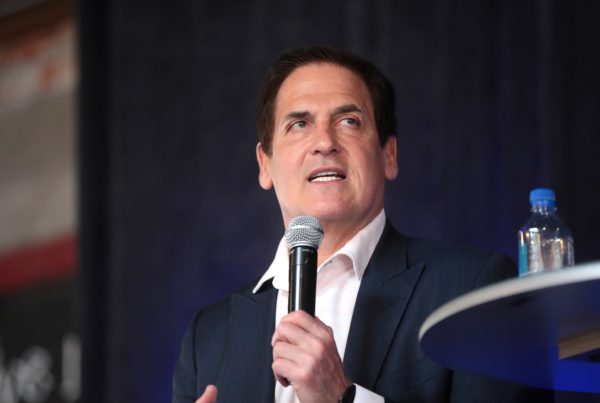Earlier this week. the Department of Justice sued to stop an agreement between Fort Worth-based American Airlines and JetBlue. The deal was designed to help both airlines compete in the northeast. But in court filings, the DOJ claims that the deal is anticompetitive, and violates federal antitrust laws.
Jon Hemmerdinger, Americas managing editor for the aviation site FlightGlobal, has been covering the story.
Listen to the interview above or read the transcript below to learn more about The deal and the government’s response.
This transcript has been edited lightly for clarity:
Texas Standard: How much of an advantage might this agreement have given American and JetBlue over their competitors in that region?
Jon Hemmerdinger: Well, it’s actually a little bit tough to say exactly what the benefit will be, because these things take years to sort of play out as the carriers stitch together their networks. But the federal government thinks that they are cooperating too closely on flight schedules. They are going to be sharing revenue, linking up their frequent flier programs and trying to really compete in the New York and Boston market. It looks like it will really help them secure a bigger chunk of the pie from carriers like United and Delta, really competing better with them.
Why does the Justice Department say that what American and JetBlue are doing here is any different from other carriers?
What they’re taking issue with is the depth to which the airlines are sort of merging their networks in New York and Boston.
Airlines often do something called code sharing, where they put their flight code on another airlines flight and then sell that flight as if it’s their own. But JetBlue and American are actually sharing revenue on routes out of New York and Boston. And that’s pretty new as a development on domestic flights. It is something that airlines do with international airline partners, but those agreements require antitrust approval. This one so far has not.
How well has American weathered the pandemic, and how critical was this arrangement to American’s continued success in the skies?
American and other carriers have actually weathered the pandemic well, you could say fairly well, thanks to billions of dollars of U.S. government bailout money. They’ve still lost lost money, but in recent months, they’ve turned cash positive. American has in particular.
So they have struggled. They’re doing better. And when they pitched this northeast partnership, JetBlue and American did make the point that it would help them recover from the pandemic easier. The U.S. government says that that, however, is not a reason why they should do something that in the government’s eyes is going to erode competition.
Is there something about this particular partnership that the Justice Department doesn’t like? I mean, American and JetBlue sort of occupy different spaces in the pricing spectrum.
government says that JetBlue, since it was founded in the late [1990s], has been a really strong competitor against the major airlines, American, Delta, United, in particular, because JetBlue has low fares and because they have good customer service, they’re generally known for that.
So they’re seen as helping bring fares down across the board. The government fears that JetBlue, as a result of this alliance, will be too dependent on American and that American could even pull out of the alliance, leaving JetBlue weaker for having joined it, in which case the government fears that fares could go back up.














